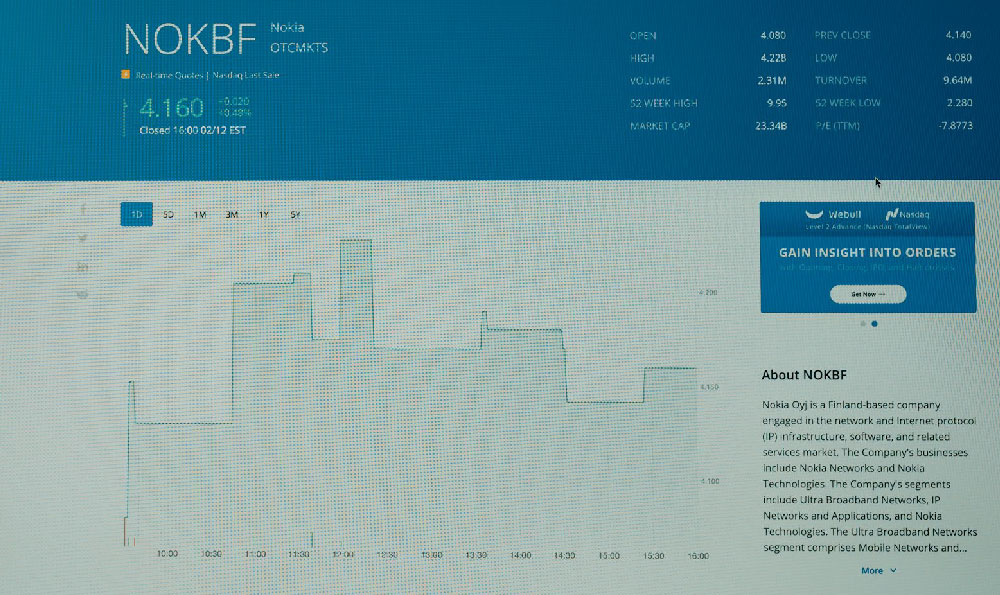How Much Do Olympic Athletes Earn? What is Olympic Athlete Income?

Olympic athletes, paragons of dedication and physical prowess, often capture the world's attention with their extraordinary feats. While the glory and prestige of winning a medal are undeniable, the financial realities facing these athletes are frequently less glamorous than the images beamed across our screens. The question of how much Olympic athletes earn is a complex one, with the answer varying wildly depending on factors such as sport, country, sponsorship deals, and individual performance. Understanding the multifaceted nature of Olympic athlete income requires delving into various revenue streams and the challenges they face in securing a sustainable livelihood.
One of the primary sources of income for Olympic athletes is direct funding from their National Olympic Committees (NOCs) or national governing bodies for their respective sports. These organizations often provide stipends, grants, or training allowances to help athletes cover living expenses, coaching fees, travel costs, and equipment purchases. However, the level of financial support varies significantly depending on the wealth and prioritization of sports within each country. Athletes representing nations with robust economies and a strong tradition in specific sports tend to receive more substantial funding than those from countries with limited resources or a greater emphasis on other sectors. For example, athletes in the United States, Great Britain, and Australia often have access to relatively more generous funding programs compared to athletes from developing countries.
Medal bonuses represent another significant potential income source for Olympic athletes. Many countries offer cash rewards to their athletes for winning medals, with the amount varying greatly depending on the medal type (gold, silver, bronze) and the nation's economic capacity. Countries like Singapore, Indonesia, and Kazakhstan are known to offer some of the highest medal bonuses globally, sometimes reaching hundreds of thousands of dollars for a gold medal. These substantial rewards reflect the nation's pride and investment in Olympic success. Conversely, some countries offer relatively modest bonuses or none at all, highlighting the varying priorities and financial capabilities of different NOCs. The existence of medal bonuses underscores the tangible financial recognition some athletes receive for their achievements on the Olympic stage.

Sponsorship deals are perhaps the most lucrative, but also the most elusive, source of income for Olympic athletes. Corporate sponsors are drawn to the visibility and inspirational stories of Olympic athletes, seeing them as valuable brand ambassadors. Athletes who achieve widespread recognition and success in their sport often attract endorsements from major companies, ranging from sportswear brands and beverage companies to automotive manufacturers and financial institutions. These sponsorship deals can provide athletes with significant financial support, often exceeding their earnings from other sources. However, securing lucrative sponsorship deals is highly competitive, and only a small percentage of Olympic athletes attain this level of commercial success. Factors such as marketability, personality, social media presence, and the popularity of their sport all play a role in determining an athlete's sponsorship potential. Furthermore, sponsorship agreements often come with obligations, requiring athletes to participate in promotional activities, wear branded apparel, and adhere to certain codes of conduct.
Beyond direct funding, medal bonuses, and sponsorships, Olympic athletes may also generate income through other avenues. Some athletes participate in professional leagues or competitions outside of the Olympic cycle, earning salaries or prize money. For example, many Olympic swimmers, runners, and gymnasts compete in professional circuits that offer opportunities for financial gain. Others may supplement their income through coaching, public speaking engagements, or writing books. Some athletes choose to pursue part-time or full-time employment outside of their athletic careers to ensure financial stability. The entrepreneurial spirit is often evident in Olympic athletes as they explore diverse income-generating activities.
It is important to acknowledge the financial challenges faced by many Olympic athletes, particularly those who are not among the top performers or represent less popular sports. The pursuit of Olympic excellence often requires years of intense training and dedication, leaving athletes with limited time for traditional employment or educational pursuits. Many athletes struggle to balance their athletic aspirations with the need to earn a living, often relying on family support, loans, or part-time jobs to make ends meet. The financial insecurity faced by many Olympic athletes highlights the need for greater support and resources to ensure that talented individuals can pursue their dreams without facing undue hardship.
The financial realities of Olympic athletes often stand in stark contrast to the public perception of them as wealthy celebrities. While a select few achieve significant financial success through sponsorships and endorsements, the vast majority of Olympic athletes face financial challenges and must rely on a combination of funding sources to support their training and living expenses. Understanding the diverse income streams and the financial hurdles faced by Olympic athletes provides a more nuanced and realistic perspective on the sacrifices and dedication required to compete at the highest level. Recognizing the financial needs of Olympic athletes and providing them with adequate support is crucial to ensuring that future generations of talented individuals can pursue their Olympic dreams without facing undue financial hardship. Support can take various forms, including increased funding from NOCs, greater access to sponsorship opportunities, and programs that help athletes develop skills and careers beyond their athletic pursuits. Ultimately, ensuring the financial well-being of Olympic athletes is essential for preserving the integrity and spirit of the Olympic movement.















